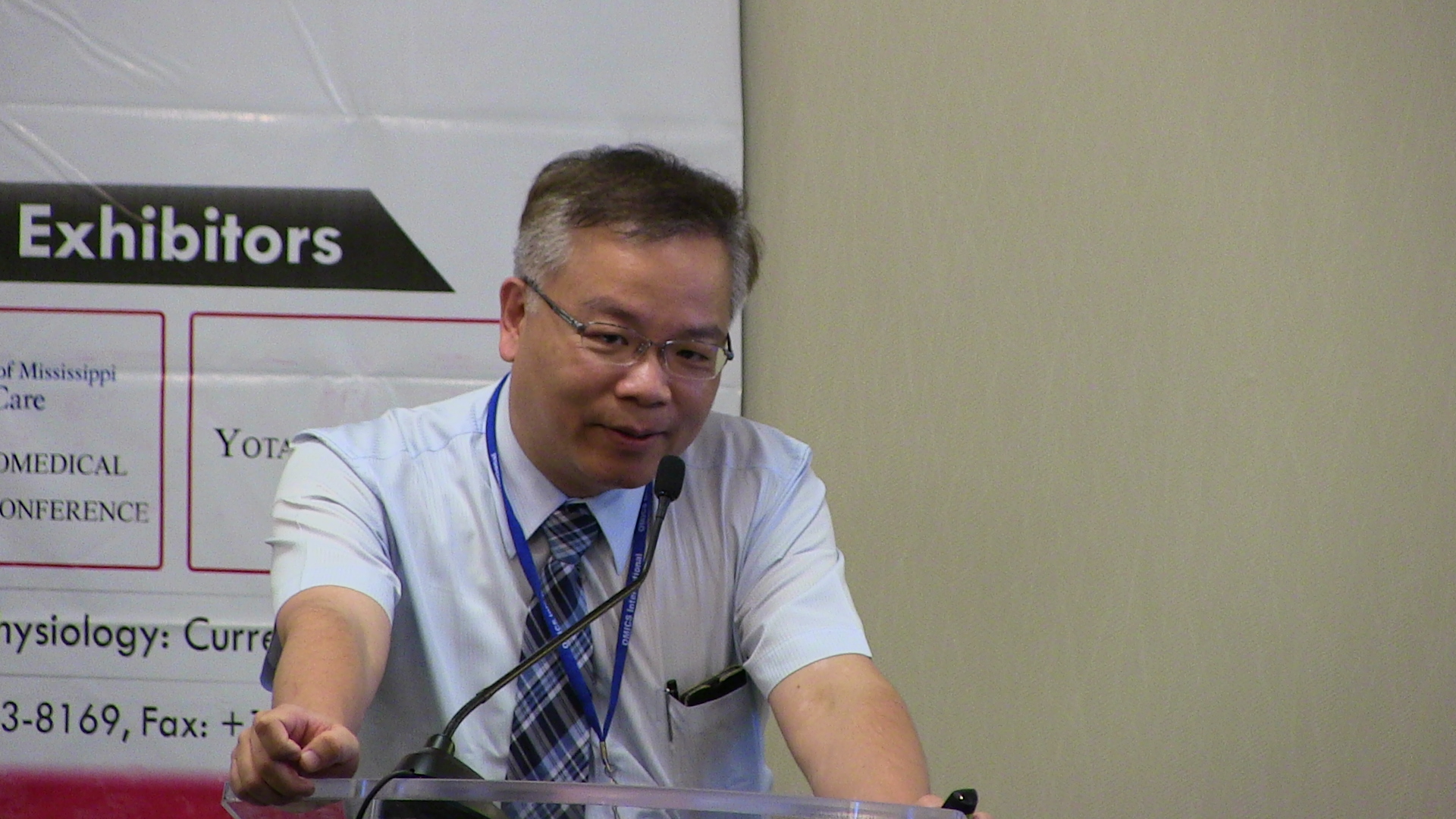
Kuan Chou Chen
Shuang Ho Hospital, Taipei Medical University, Taiwan
Title: De novo large cell neuroendocrine carcinoma (LCNEC) of the prostate
Biography
Biography: Kuan Chou Chen
Abstract
Large cell neuroendocrine carcinoma (LCNEC) of the prostate is extremely rare. Previously reported cases in the literature were almost exclusively developed in men receiving androgen deprivation therapy (ADT) for prostate adenocarcinoma. We herein present a case of de novo LCNEC: A 66-year-old man was incidentally diagnosed as LCNEC after he underwent transurethral resection of prostate. The pathologic examination of the surgical specimen revealed large cell neuroendocrine carcinoma of the prostate (LCNEC), involving more than 90% of prostate tissue. Microscopically, it showed solid sheets, trabeculae and smaller nests of tumor cells with high nuclear cytoplasmic ratio, eosinophilic cytoplasm and brisk mitotic activity. Large areas of tumor necrosis are noted. Conventional acinar adenocarcinoma of prostate was not found. Immunohistochemical (IHC) stains showed diffusely positive for pan-cytokeratin, and synaptophysin [Figure 1C and 1D]. It was focally positive for Ki-67, chromogranin, p53, and c-Myc, TTF-1 [Figure 2]. Stains for CK7, CK20, AR, PSA, P504S, p63, GATA-3, vimentin, and CD45 were negative. A computed tomography scan (CT scan) of the abdomen and pelvis revealed an irregular soft mass measuring about 12 cm in diameter with pelvic wall invasion. On the basis of above finding, initial TNM stage is pT4N1M1. Therefore, the patient was treated with 6 cycles of cisplatin and etoposide in the following 6 months, which achieved a partial remission. He gave up the chance to eradicate the residual mass. Three months later, the tumor progressed rapidly. In conclusion, LCNEC is a rare prostate cancer. Our experience shows that chemotherapy with etoposide and cisplatin is effective to achieve a significant remission. However, LCNEC is highly malignant in nature, post-chemotherapy surgery for the residual mass should be considered.


